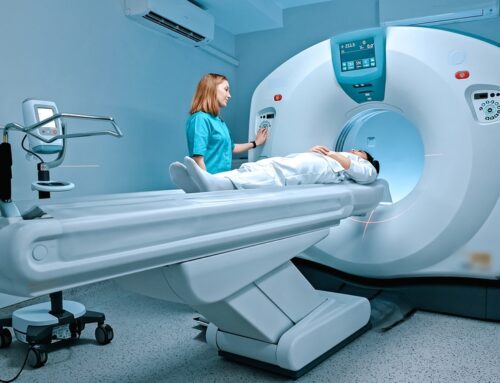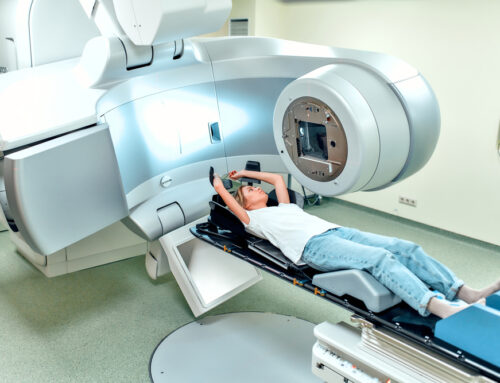Radiation therapy is a common treatment option for cancer that uses high-energy rays or particles to target and destroy cancer cells. This therapy can help shrink tumors, alleviate symptoms, and improve survival rates for many cancer patients.
On the other hand, while it can be an effective and life-saving treatment, it’s normal to feel a range of emotions, especially after your first session. Fear, anxiety, or uncertainty are all common responses, and it’s important to know that you’re not alone in this journey.
In this article, we’ll explore the potential side effects of radiation therapy for cancer, tips for managing them, and how to take care of yourself during treatment.
Common Side Effects of Radiation Therapy
Like any cancer treatment, radiation therapy comes with its own set of side effects. While these effects vary depending on the area of the body being treated, the type of cancer, and the dose of radiation, most side effects are temporary and improve after treatment ends. Let’s explore the most common side effects and how to manage them.
Skin Reactions
One of the most common side effects of radiation therapy for cancer is skin irritation in the treatment area. This can include redness, dryness, itching, and peeling. These reactions are similar to sunburns and can vary from person to person.
How to Soothe the Skin
- Use mild, unscented soap and lotion to keep your skin moisturized.
- Avoid tight clothing or fabrics that may rub against the treated area.
- Protect your skin from the sun by wearing sunscreen or covering the area with loose clothing.
- Consider using aloe vera gel or creams recommended by your doctor to soothe irritation.
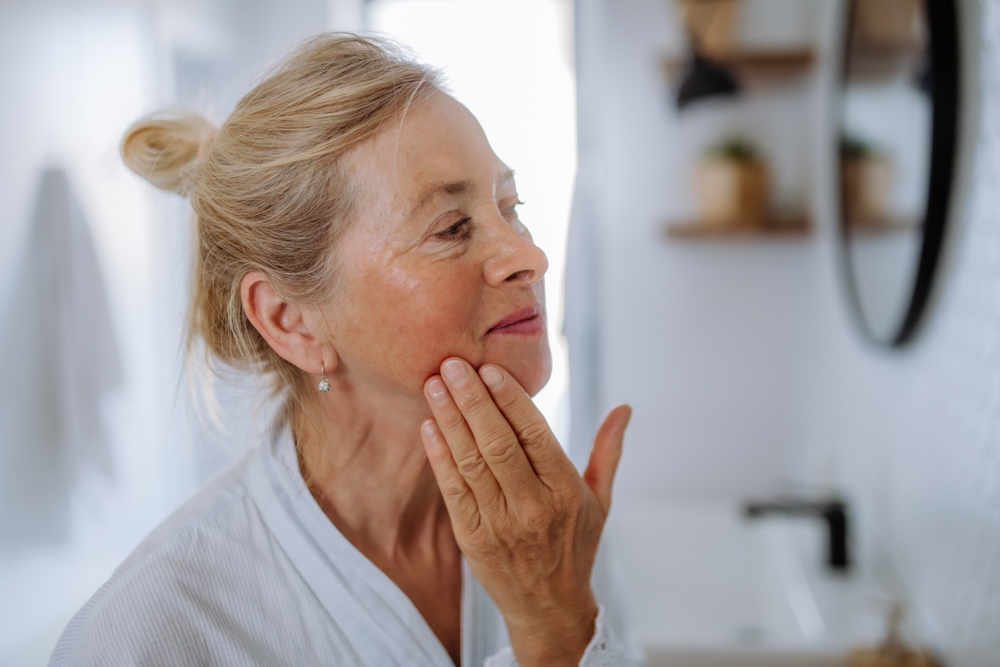
Fatigue
Fatigue is another common side effect of radiation therapy. Many patients experience tiredness, which can be particularly challenging as treatment progresses. It’s important to listen to your body and take breaks when needed.
Tips for Managing Fatigue
- Prioritize rest: Take naps during the day if needed, and ensure you’re getting enough sleep at night.
- Keep a consistent daily routine that allows for periods of rest and activity.
- Try gentle exercises, like walking or stretching, to boost energy levels and improve circulation.
Hair Loss
Hair loss is not common with most radiation treatments. It is only typically seen when radiation is used on the head, such as in the treatment of brain tumors or cancers of the head and neck. It’s important to note that hair loss from radiation is usually temporary, and hair often grows back after treatment.
Coping with Hair Loss
- Consider wearing wigs, scarves, or hats to protect your scalp and boost your confidence.
- Speak with your doctor about treatments or products that may help minimize hair loss or promote regrowth.
- Allow yourself time to process your feelings about hair loss. It’s natural to grieve the changes your body is going through.
Other Potential Side Effects
Several other side effects may occur during radiation therapy, depending on the treatment area. These can include:
- Mouth sores or difficulty swallowing (for radiation to the head or neck)
- Nausea and vomiting (more common with abdominal radiation)
- Swelling or inflammation in the treatment area
- Diarrhea (if radiation is targeted at the abdomen or pelvis)
When to Contact Your Doctor?
If you experience severe side effects or new symptoms, such as difficulty breathing, unexplained weight loss, or bleeding, it’s important to contact your healthcare team right away. They can provide solutions to manage side effects and ensure your treatment plan is on track.
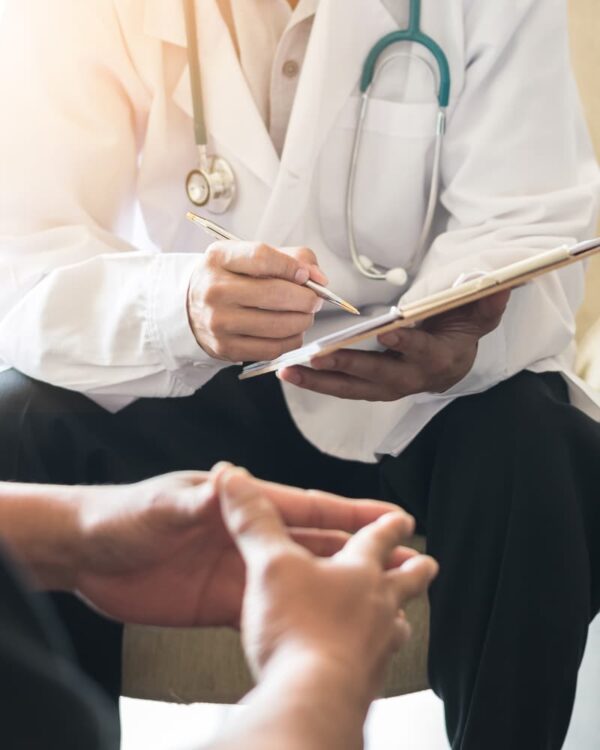
Taking Care of Yourself During Treatment
While undergoing radiation therapy, it’s essential to prioritize self-care. The combination of physical treatment and emotional stress can take a toll, so maintaining your well-being is crucial for your healing process.
Nutrition
A balanced diet is key to maintaining strength during treatment. Eating a variety of foods, including lean proteins, whole grains, fruits, and vegetables, helps support your immune system and recovery.
Hydration
Drink plenty of water to stay hydrated. Radiation therapy can cause dry mouth and dehydration, so keeping up with fluids is essential for comfort and healing.
Stress Management
Practice relaxation techniques like meditation, deep breathing exercises, or yoga to help reduce stress and anxiety. Staying calm and focused can have a positive impact on both your emotional well-being and your physical recovery.
Emotional Support
Radiation therapy can be emotional , and seeking support is important. Connecting with loved ones, talking to a therapist, or joining a cancer support group can help alleviate feelings of isolation and provide you with much-needed encouragement during your treatment journey.
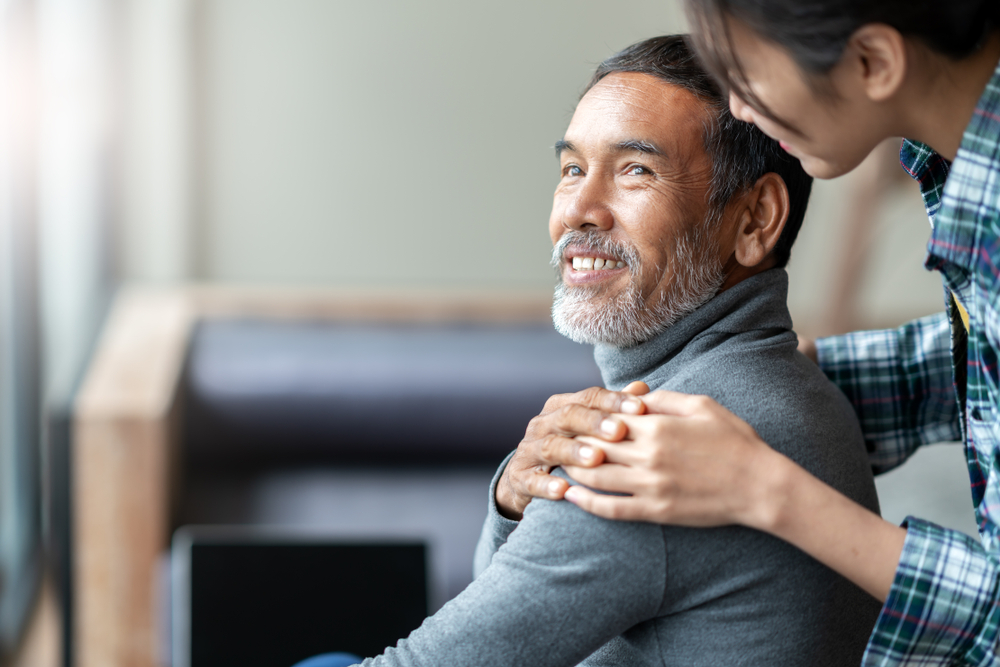
Conclusion
Chemo and radiation therapy, both have distinct roles in cancer care. Your doctor will help determine the best course of action based on your unique situation, considering the type of cancer, the location of the tumor, and your overall health.
No matter the path you choose, remember that you are not alone. With the right support and care from Northwest Cancer Clinic, you can face these challenges and emerge stronger.


